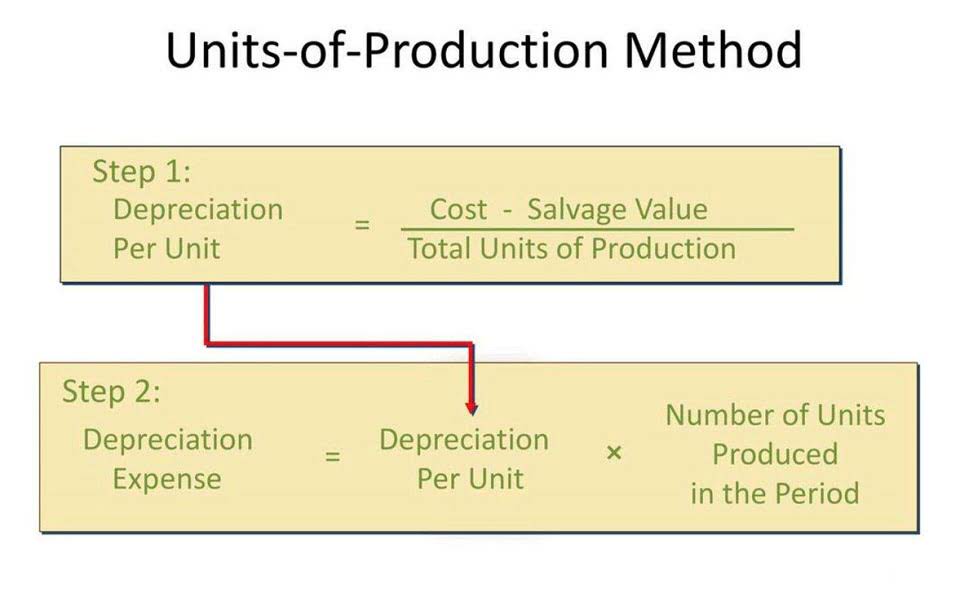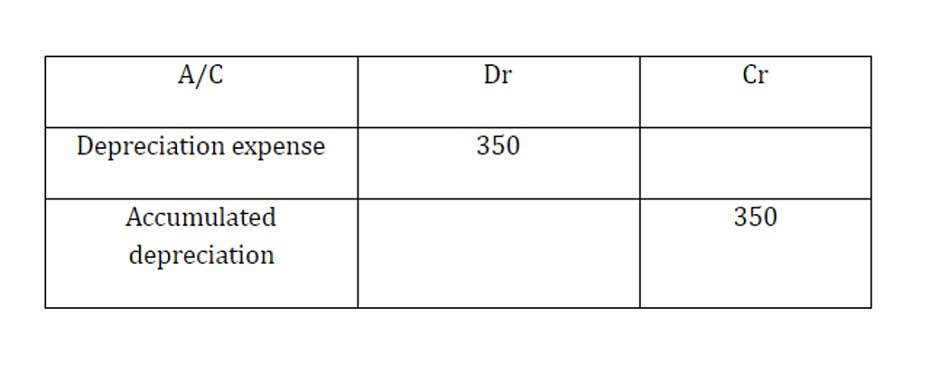LIFO: Last In First Out Principle: Method + How-To Guide
Publicado por:
The remaining unsold 450 would remain on the balance sheet as inventory for $1,275. If LIFO affects COGS and makes it more significant during inflationary times, we will have a reduced net income margin. Besides, inventory turnover will be much higher as it will have higher COGS and smaller inventory.
Access and download collection of free Templates to help power your productivity and performance. Learn more about what LIFO is and its impact on net income to decide if LIFO valuation is right for you.
LIFO Calculator
- Therefore, the oldest costs are the ones that remain on the balance sheet while the most recent ones are expensed first.
- The simplest valuation method is the average cost method as it assigns the same cost to each item.
- Correctly valuing inventory is important for business tax purposes because it’s the basis of cost of goods sold (COGS).
If you want tax ready books to be a worry of the past, try Bench. We reconcile, review, and repeat until your finances are CPA ready so you don’t have to. Because Sylvia’s cost per platter is going down with each order, her Cost of Goods Sold is higher with the FIFO method than the LIFO method. Director of Marketing Communications at ShipBob, where she writes various articles, case studies, and other resources to help ecommerce brands grow their business. But that’s not to say LIFO might not make sense for your business.
For example, consider a company with a beginning inventory of two snowmobiles at a unit cost of $50,000. The company purchases another snowmobile for a price of $75,000. For the sale of one snowmobile, the company will expense the cost of the newer snowmobile – $75,000. Considering that deflation is the item’s price decrease through time, you will see a smaller COGS with the xero accountants in auckland LIFO method. Also, you will see a more significant remaining inventory value because the most expensive items were bought and kept at the very beginning. If you use a LIFO calculator as an ending inventory calculator, you will see that you keep the cheapest inventory in your accounts with inflation (and rising prices through time).
How does inflation affect FIFO ending inventory calculation?
FIFO inventory costing is the default method; if you want to use LIFO, you must elect it. Also, once you adopt the LIFO method, you can’t go back to FIFO unless you get approval to change from the IRS. Your small business may use the simplified method if the business had average annual gross receipts of $5 million or less for the previous three tax years. Cassie is a deputy editor collaborating with teams around the world while living in the beautiful hills of Kentucky. Prior to joining the team at Forbes Advisor, Cassie was a content operations manager and copywriting manager.
If you’re considering LIFO, be sure to have a conversation with your CPA. You will also need to follow a process to legally switch to LIFO. To understand further how LIFO is calculated despite real inventory activity, let’s dive into a few more examples. In this article, we break down what the LIFO method entails, how it works, and its use cases.
The opposite to LIFO is FIFO, which is when you assume you sell the oldest inventory first. This is the preferred method for most retailers due to the way it reflects how their operations actually work. Because Sylvia’s cost per platter is going down, she will always be counting the most expensive inventory as what’s left over. LIFO is legal in the US, but since it is banned by the IFRS, a globally accepted accounting standard, global businesses or businesses that operate outside the US cannot legally use LIFO. The ending inventory value is then calculated by adding the value of Batch 1 and the remaining units of Batch 2. Following the schedule above, we can calculate the cost of the remaining pills and the cost of goods sold.
The inventory valuation method is prohibited under IFRS and ASPE due to potential distortions on a company’s profitability and financial statements. When you compare the cost of goods sold using the LIFO calculator, you see that COGS increases when the prices of acquired items rise. Such a situation will reduce the profits on which the company pays taxes. Notice how the cost of goods sold could increase if the last prices of the items the company bought also increase. What happens during inflationary times, and by rising COGS, it would reduce not only the operating profits but also the tax payment. Whether your inventory costs are changing or not, the IRS requires you to choose a method of accounting for inventory that’s consistent year over year.
When this is the case, a business using LIFO will pay less in taxes. To calculate COGS, it would take into account the newest purchase prices. As per LIFO, the business dispatches 25 units from Batch 3 (the newest inventory) to the customer. When Jordan opened the business, he decided that LIFO made the most sense. To calculate ending inventory value, Jordan took into account the cost of the latest inventory purchase at $1,700, despite the newer inventory still being on hand. You also must provide detailed information on the costing method or methods you’ll be using with LIFO (the specific goods method, dollar-value method, or another approved method).
How to use LIFO for costs of goods sold calculation
Also, all the current asset-related ratios will be affected because of the change in inventory value. If you use our LIFO calculator, you will see the result is 144 USD. If you’re a business looking for the most amount of detail, specific inventory tracing has the insight you’ll need. But it requires tracking every cost that goes into each individual piece of inventory. This is best for businesses that move a low volume of high cost products.
If the company made a sale of 50 units of calculators, under the LIFO method, the most recent calculator costs would be matched with the revenue generated from the sale. It would provide excellent matching of revenue and cost of goods sold on the income statement. LIFO, like other inventory valuation methods, has advantages and disadvantages. This might seem backwards to most businesses, but Jordan uses LIFO, an inventory valuation method that is less common but is legal in the US.
How the last in, first out method of inventory management works
LIFO is only allowed in the USA, gross profit percentage whereas, in the world, companies use FIFO. In the USA, companies prefer to use LIFO because it can help them reduce their taxable income. Furthermore, when USA companies have operations outside their country of origin, they present a section where the overseas inventory registered by FIFO is modified to LIFO. You can also check FIFO and LIFO calculators at the Omni Calculator website to learn what happens in inflationary/deflationary environments. This LIFO calculator will help you calculate the remaining value of your inventory as well as cost of goods sold using the last-in-first-out method.










